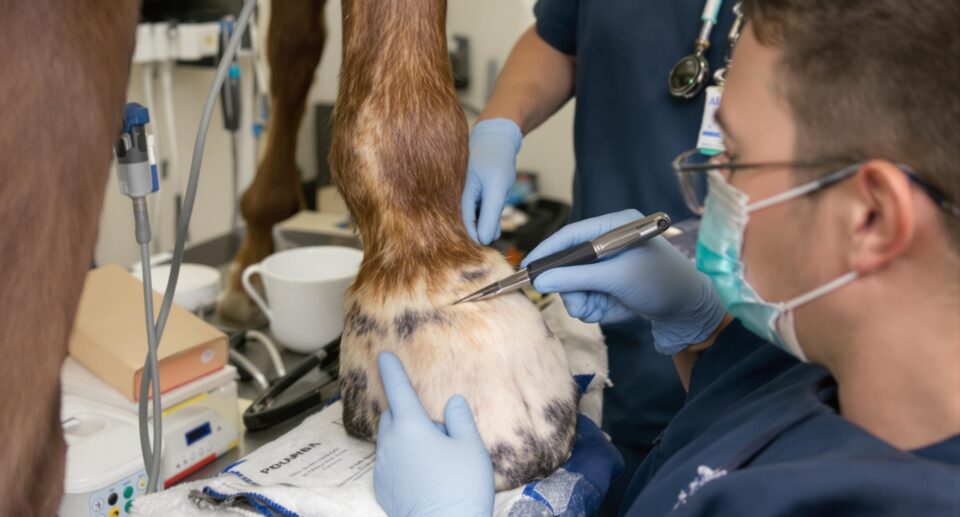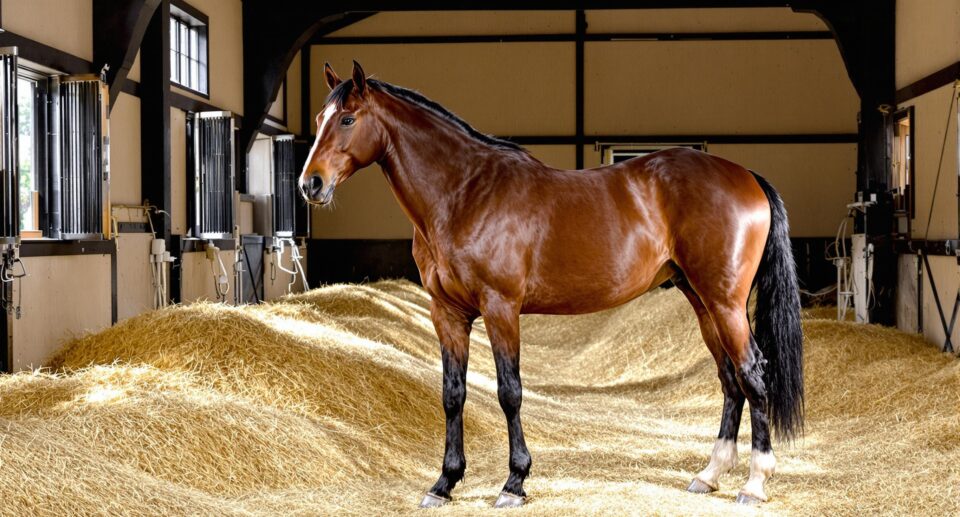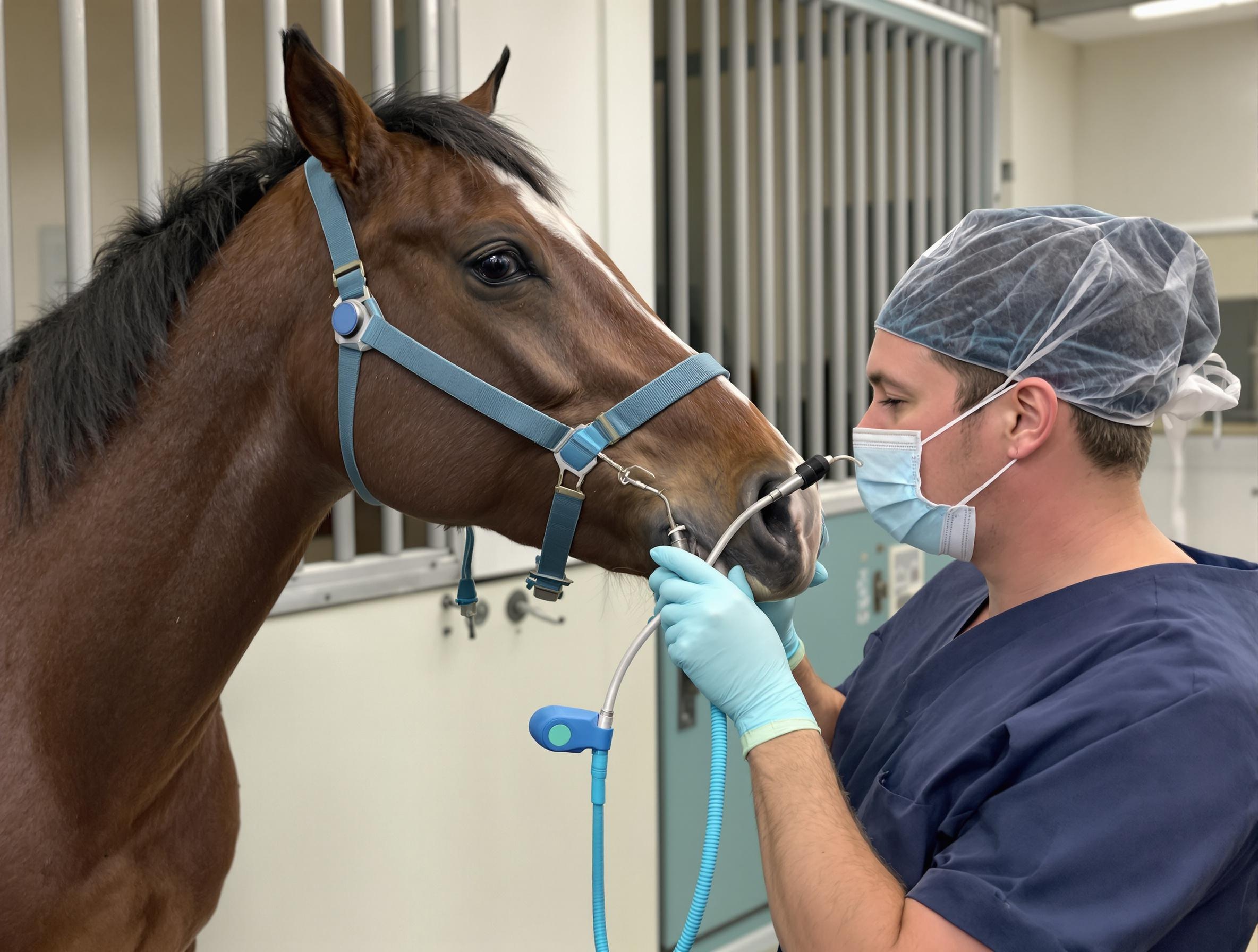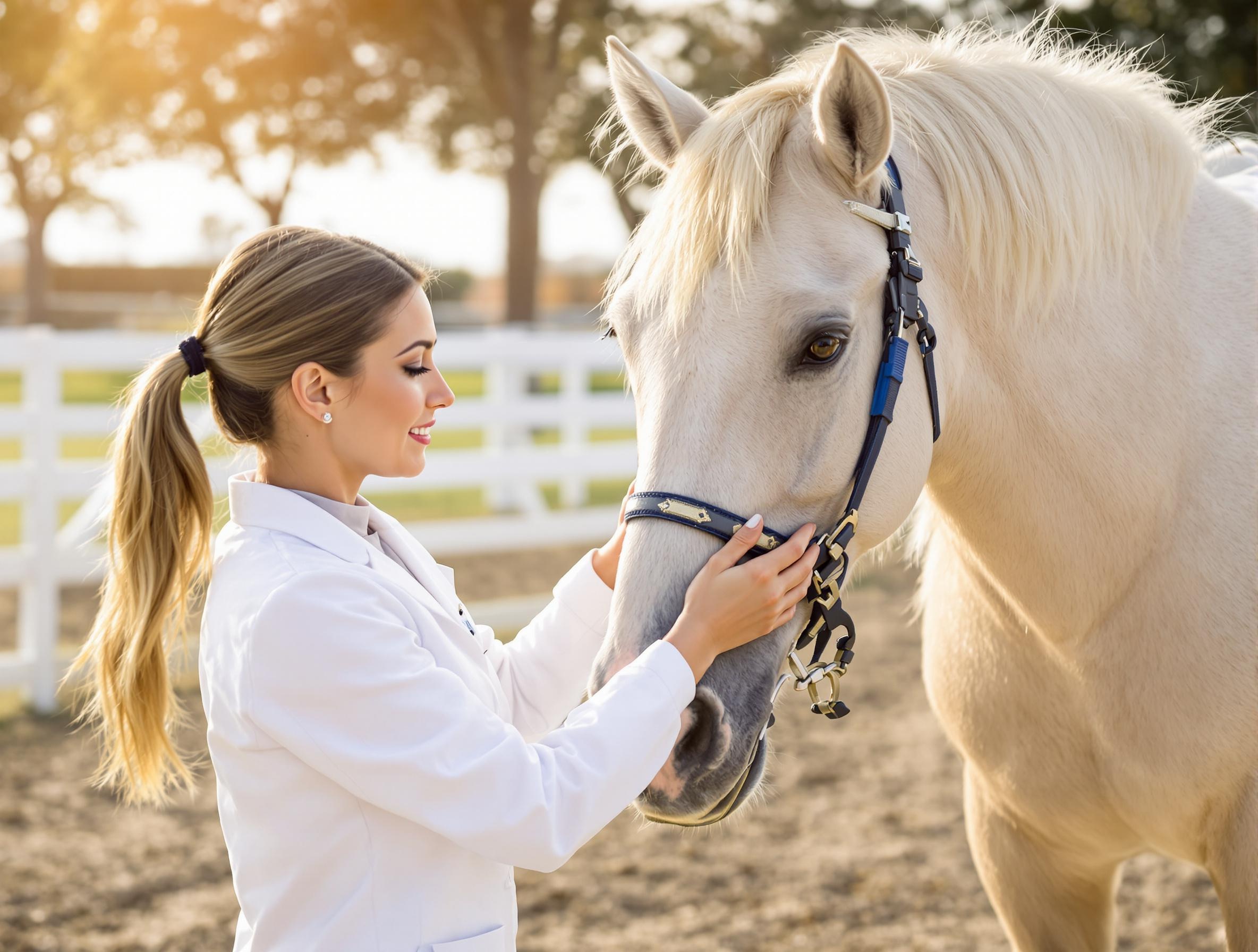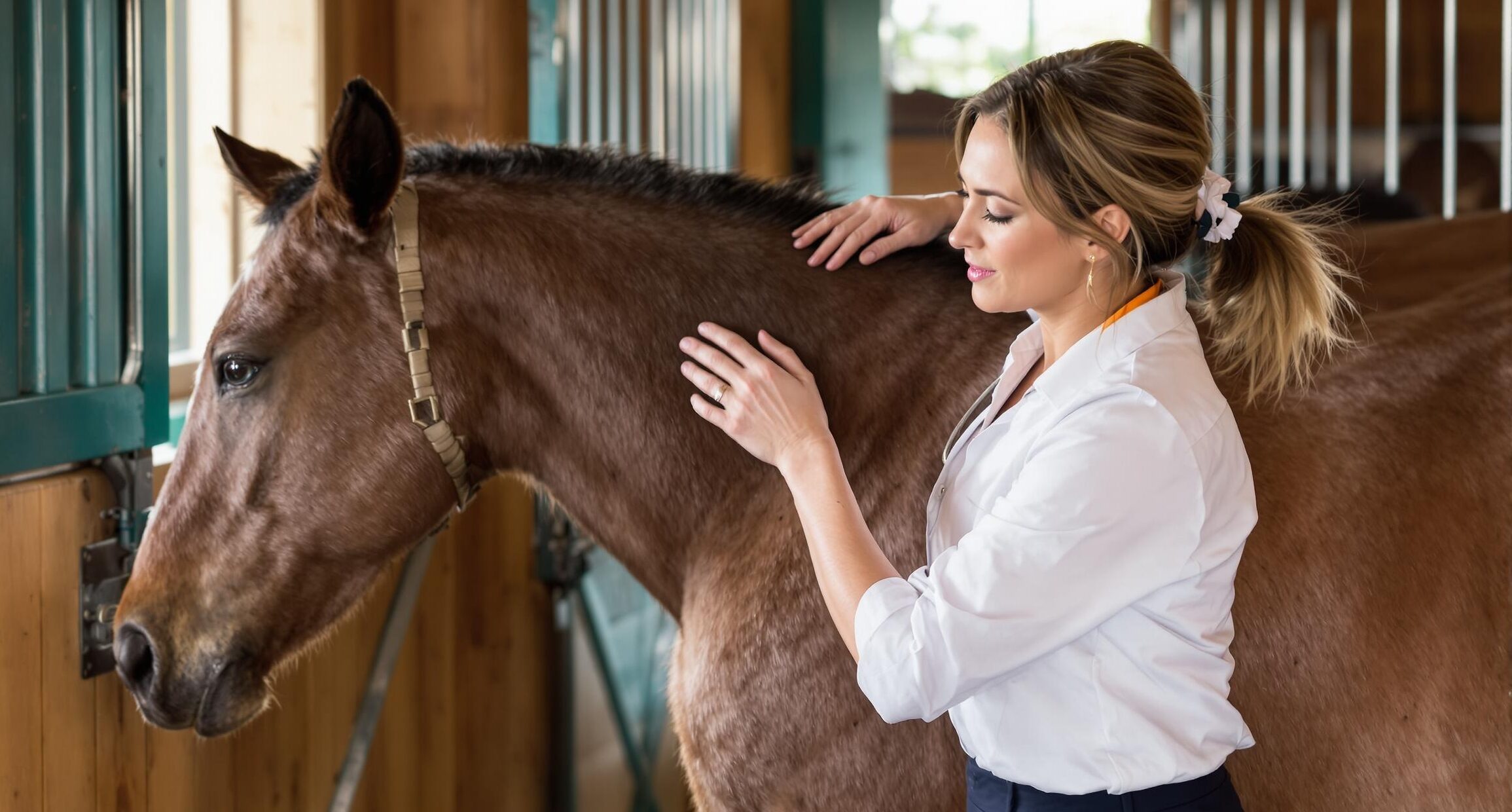Are Carrots Good For Horses?
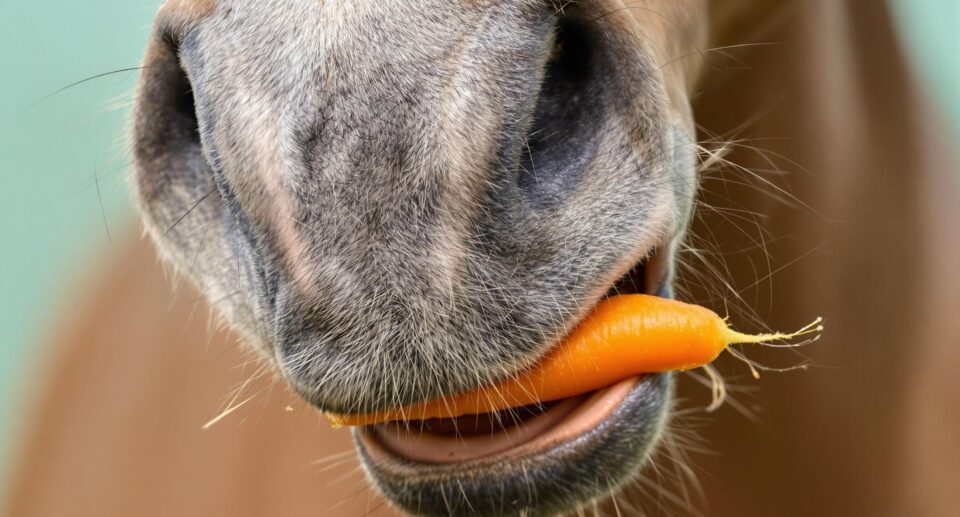
Sweet, crunchy carrots are the perfect treat for most horses. They’re rich in vitamins and minerals and they’re made up of 90% water. Given in moderation, they can be a great tool for fostering a bond with your horse, and even for use as a reward during training.
How Many Carrots Can My Horse Have?
The majority of your horse’s diet should be quality forage or hay. Carrots, just like fresh spring grass, may be made up mostly of water, but they still have a relatively high sugar content, so feeding too much can lead to colic or laminitis, especially in horses with metabolic syndrome or Cushing’s disease, or those with a history of founder.
Carrots are also high in potassium, making them unsuitable for horses with Hyperkalemic periodic paralysis (HYPP).
Generally, you can give a healthy, average-sized horse about two large carrots per day or two small handfuls of baby carrots.
If your horse has a history of colic, founder, or a chronic condition like Cushing’s disease, always ask your veterinarian before introducing treats to their diet.
How To Safely Give Carrots To Horses
Horses can get over-excited about getting a crisp, tasty carrot as a treat. Sometimes this leads to undesirable behaviors like nipping. You can feed baby carrots or sliced carrots from the flat, outstretched palm of your hand. It’s even safer to drop carrots into your horse’s feeder.
Feed carrots on occasion, rather than as part of a routine. When horses come to expect carrots they can become pushy and demanding when they don’t get their treat.
Always chop carrots lengthwise into thin pieces. Horses can choke on chunks of carrot. For horses with missing teeth and other dental issues you can add shredded carrots to their feed.
Do Horses Need Carrots In Their Diet?
If you prefer to give your horse other treats, or prefer not to give treats at all, your horse will probably get all of the nutrition they need from their usual diet.
While carrots are especially high in Vitamin A, this fat-soluble vitamin is found abundantly in fresh grass and it’s stored in the body during the winter when your horse may not have access to the pasture. So, while carrots are a sweet treat, they’re not a necessary part of your horse’s diet.

